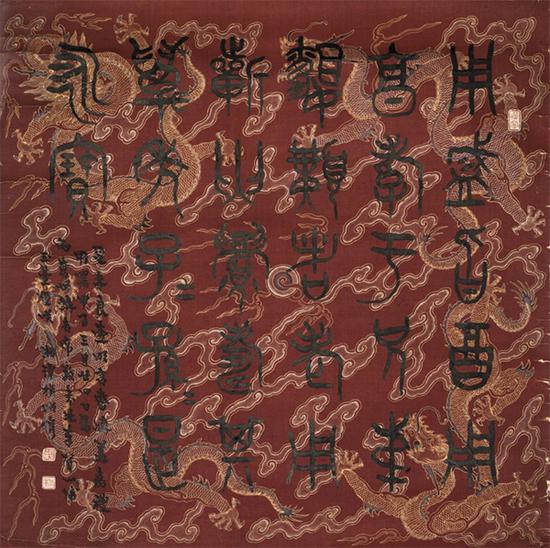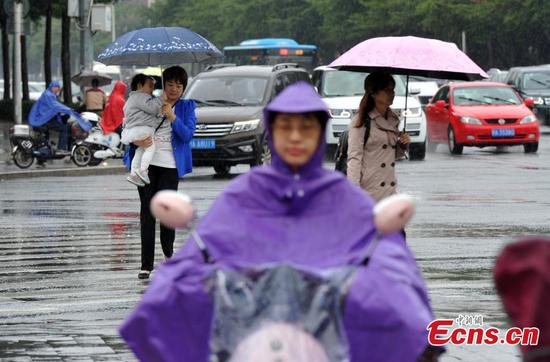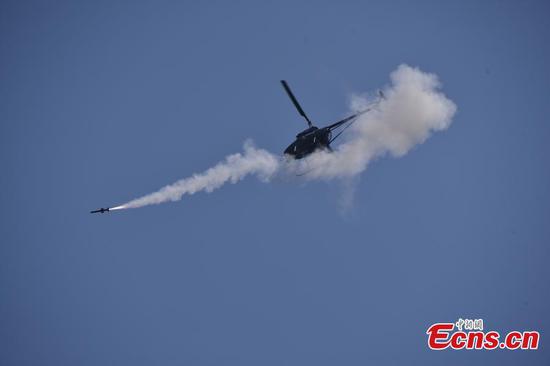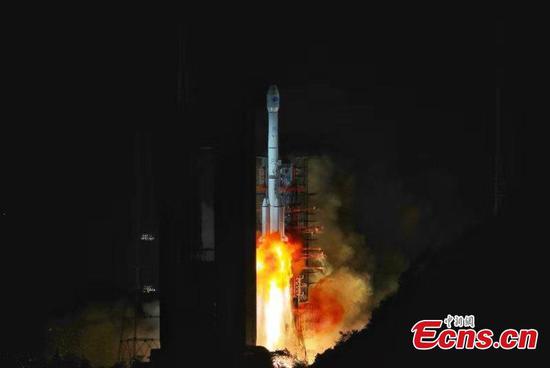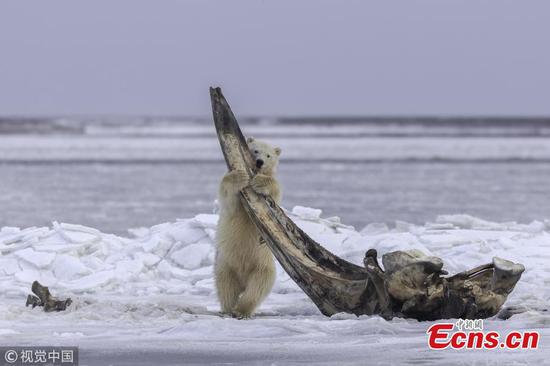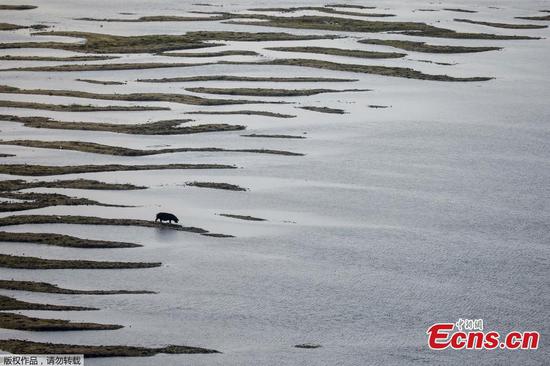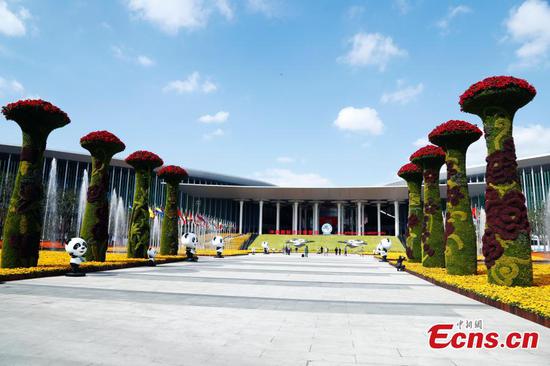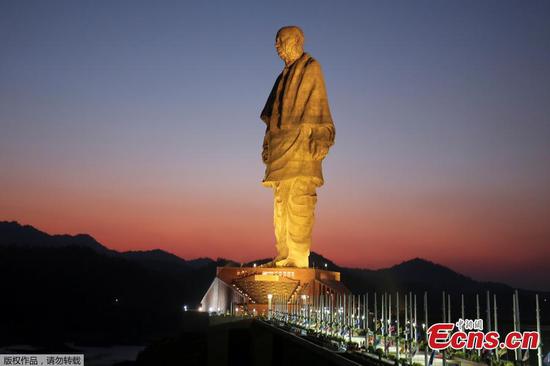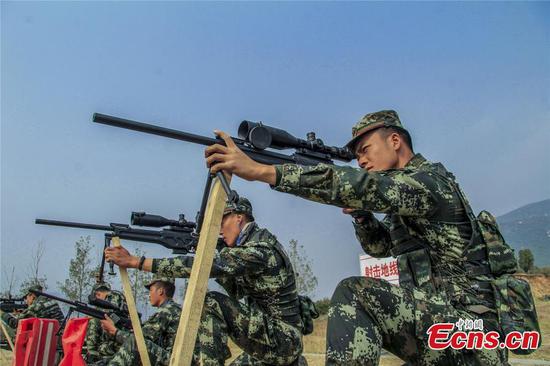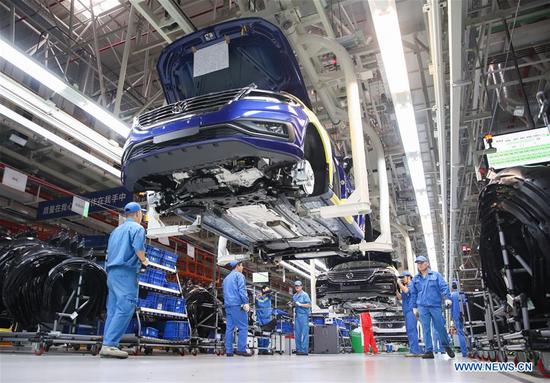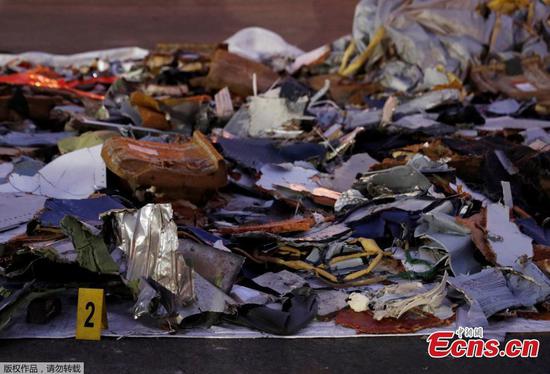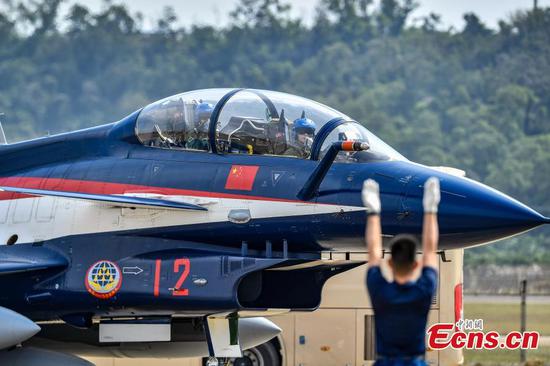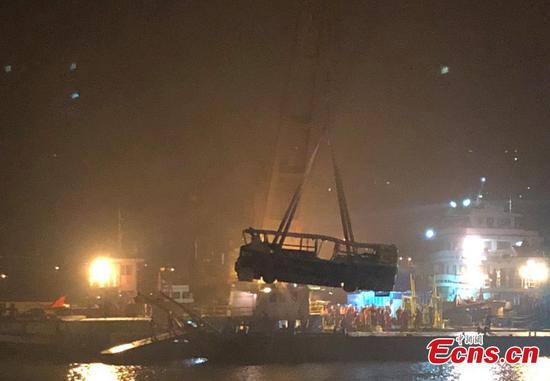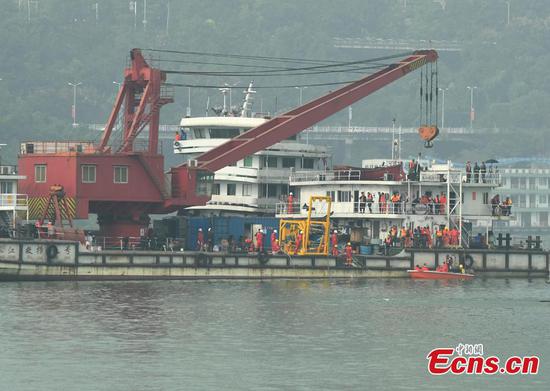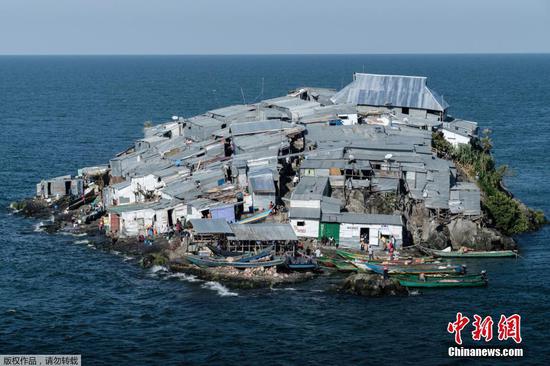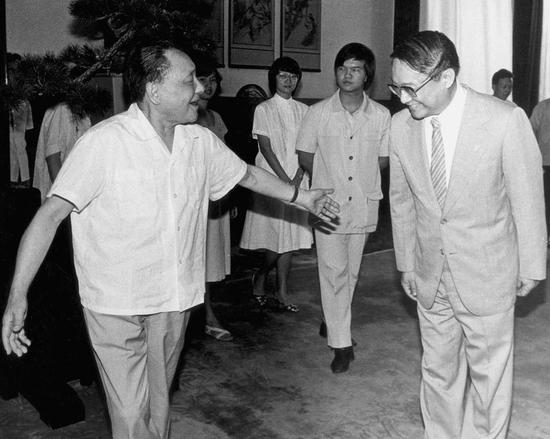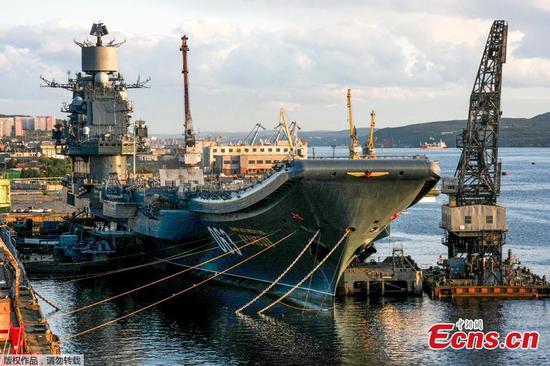The Trump administration announced on Friday that it will snap back sanctions on Iran that had been lifted under the historic 2015 Iran nuke deal. However, eight nations will be given temporary waivers in their purchase of Iran's oil.
After leaving the Iran nuke deal in May, the U.S. government on Aug. 7 re-imposed sanctions on Iran on non-energy areas, such as the automotive sector, trade in gold, and other key metals.
According to U.S. Secretary of State Mike Pompeo and Treasury Secretary Stephen Mnuchin, the sanctions, the second batch of its kind, will take effect on Monday.
RETURN OF SANCTIONS
A statement issued by the White House said the sanctions, to fully take effect on Nov. 5, would be "the toughest" and "unprecedented," targeting many of the country's "critical sectors" like its energy, shipping, shipbuilding, and financial sectors.
"Over 700 individuals, entities, vessels, and aircraft are going back onto our sanctions list, including major Iranian banks, oil exporters, and shipping companies," it read. "The sanctions also target transactions with the Central Bank of Iran and designated Iranian financial institutions."
Earlier on Friday, U.S. Secretary of State Mike Pompeo and Treasury Secretary Stephen Mnuchin told the media that some 700 Iranian companies and people would be sanctioned also.
However, sales of food, agricultural commodities, medicine, and medical devices to Iran "have long been-and remain-exempt from our sanctions," said the White House.
The reimposed sanctions would "cut off revenues the regime uses to bankroll terrorist groups, foment global instability, fund nuclear and ballistic missile programs, and enrich its leaders," the White House added.
While announcing the sanctions, the White House blasted the Iran nuke deal again, saying it was "disastrous" and "unacceptable."
For his part, Iranian President Hassan Rouhani earlier in September blasted the U.S. sanctions as "economic terrorism."
"World security is under threat by some states' recklessness and disregard of international values and institutions," Rouhani said at the General Debate of the 73rd UN General Assembly. "Confronting multilateralism is not a sign of strength. Rather, it is a symptom of the weakness of the intellect. It betrays an inability in understanding a complex and interconnected world."
8 NATIONS GIVEN WAIVERS
While the White House noted that the sanctions "will target those who attempt to violate or circumvent them" and that the administration "is pressing other importers to reduce to zero as quickly as possible," Washington also said eight nations will be given temporary waivers.
The U.S. officials have not revealed the names of eight countries getting waivers. However, Bloomberg had reported earlier on Friday that India, Japan and South Korea would be among the lucky ones.
Reuters also quoted Turkish Energy Minister Fatih Donmez as saying on Friday that Turkey has been told it will receive a waiver on U.S. sanctions. It later reported that Iraq was on the list.
These nations would be allowed to continue to purchase Iran's oil products temporarily, but they have to cut the imports till they are down to zero, as Pompeo explained that they had made efforts to cut their imports but could not complete the task by Monday's deadline.
With all these measures, the White House noted that "the United States is confident that energy markets will remain well supplied despite Iranian oil export reductions."
"From August 2017 to August 2018, United States crude oil production increased by 2.1 million barrels per day and exports increased by over 700,000 barrels per day, adding to market liquidity," it said. "Over the next year, United States production will increase by one million barrels per day or more. We are working with oil producers around the world to increase their supply as well."
However, Pompeo said that the 28-member European Union as a whole would not receive one waiver.
The EU foreign and security policy chief Federica Mogherini said in September that the EU will set up a legal entity to facilitate legitimate financial transactions with Iran in light of the U.S. re-imposition of sanctions. Pompeo later responded that the EU's decision was "one of the most counterproductive measures imaginable" and unacceptable.
Iranian Foreign Ministry spokesman Bahram Qasemi told state TV that the country was not troubled over the re-imposition of U.S. sanctions, noting "America will not be able to carry out any measure against our great and brave nation ... We have the knowledge and the capability to manage the country's economic affairs."
David Pollock, a scholar at the Washington Institute for Near East Policy, told Xinhua that the waivers "will have a small mitigating effect on Iran's economic squeeze."
The wavers will allow Iran to continue exporting some oil, but they would hardly be a "major safety valve" for Iran's economy," he said. "Sanctions are not going to reduce Iran's exports to zero, but I think it will cut significantly into the volume, and force Iran to offer pretty deep price discounts in order to attract customers to this risky business."
HARDLINE APPROACH ON IRAN
The return of sanctions is part of a wider effort by the Trump administration to pressure Iran to curb its nuclear and missile programs as well as its regional influence in the Middle East.
U.S.-Iranian relations have been at odds as the Trump administration left the historic Iran nuclear deal, delegitimized the Iranian government and vowed to press other nations to isolate Iran.
For its part, Tehran has said that the U.S. side is unreliable, and it will not talk with Washington.
Pollock told Xinhua that the sanctions will have a major effect on the Iranian economy by imposing "a pretty dramatic effect in reducing Iran's oil exports and revenues."
This will deliver a significant further shock to the Iranian economy, he said. "However, about effecting the country's political stability, I am skeptical that it would have that effect."
"The question, therefore, is whether this will put enough pressure on the Iranian government to change some of its policies, and maybe become more careful about challenging American interests or American allies in the region, and maybe even agreeing to eventually some kind of negotiations, maybe backchannel, secret negotiations with the US gov't about these issues," the expert noted.
"On that, I think that there's at least a reasonable chance that something like that will happen over the next year or two, but not right away," he said, noting that although the sanctions won't impact Iran directly, the question is "whether Iran will decide, after the sanctions take effect, that it will not observe the deal, because it's not getting the economic benefits that it had hoped for, from the deal."
U.S. media and experts noted that Iran would probably want to demonstrate to the European Union that it's still adhering to the deal, so as to convince the EU and other countries like Japan to keep their business ties to it.
"Because if Iran decides to break out of the deal, then politically it will be harder, especially for EU countries, to keep trading with Iran," Pollock said.












